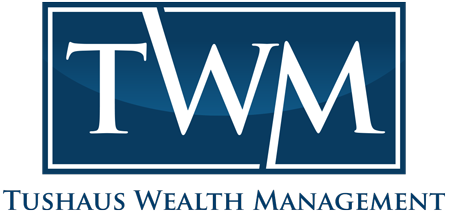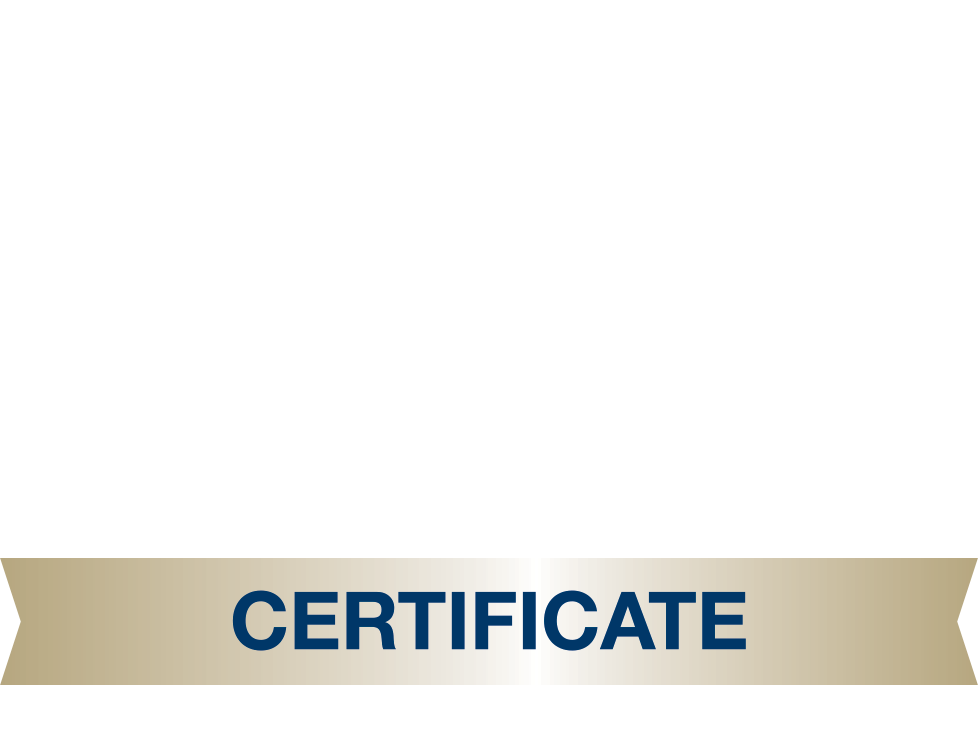
Engaging with a financial advisor is a significant decision. Just as a competent physician would be aware of your health history, a skilled financial advisor will understand the vital aspects of your financial status and use that understanding to enhance your financial well-being and protect your retirement years. Therefore, it is crucial to understand the role of a financial advisor and how they can help optimize your financial resources.
Grasping Your Financial Profile
At the initial meeting with most financial advisors, they strive to get a clear understanding of your financial landscape. A quality advisor will inquire about your assets and debts, anticipated financial commitments, retirement plans, and income, among other things, before recommending any financial products. They may not delve into every minute detail at the first meeting, but they need to comprehend the crucial factors that influence your financial flow and performance.
Understanding Your Savings, Investment, and Income Strategies
Next, they would be keen on understanding your saving habits, the retirement investment vehicles you’ve utilized, and the income options you’re considering. They will also consider tax consequences, projected budgets, and expenses along your retirement journey and evaluate your estate and wealth transfer plan as part of your overall financial situation and strategy.
Consider your investment plan as a specific area where an advisor may collaborate with you. They will examine your current investment strategy, your investment goals, and how you should be investing. They may pose questions like: Are you a conservative investor? Are you inclined to take substantial risks? Does your current strategy align with your financial objectives? Such queries help them to identify areas where you might need the most guidance and what financial tools and options could be advantageous to you.
In this context, your tax scenario will also likely be discussed in relation to other components of your financial strategy, including your investment plan. In financial planning, similar to human health, various facets of your financial life are intricately linked.
A Financial Advisor Integrates the Elements
Eventually, these inquiries will enable an advisor to comprehend how the entirety and full scope of your financial timeline can be strategically planned to achieve your goals. Maximizing your savings is the optimal way to honor all the effort you’ve put into saving for your post-retirement years.
One of the major advantages of a financial advisor is their ability to develop a personalized financial plan based on your unique financial profile, aimed at fulfilling your requirements and objectives. It’s natural to have reservations about consulting an advisor, but remember, the first meeting with an advisor is akin to visiting a doctor to share your health status so they can guide your health practices appropriately or suggest suitable solutions. A competent financial advisor adopts the same approach towards your financial health. Reach out to us today to take the subsequent step towards enhancing your retirement and financial health.
https://www.investopedia.com/articles/personal-finance/050815/what-do-financial-advisers-do.asp





